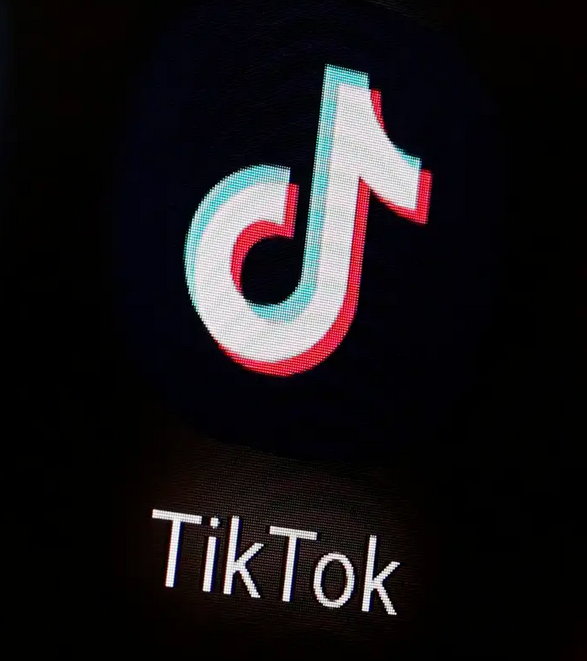
Trump Says He’s Considering A Ban On TikTok
TikTok, the short-video platform popular among teens for sharing funny moments and dance moves, is getting pulled into the deadly serious geopolitical conflict between China and the U.S.
The big picture: More than any other Chinese-owned app, TikTok has found success outside of its homeland. But as the U.S. sounds security alarms and China turns the legal screws on Hong Kong, the company is fighting to prove that it’s not beholden to Beijing — and to forestall a threatened ban by the Trump administration.
Driving the news:
1. President Trump and Secretary of State Mike Pompeo are both talking about banning TikTok.
- Pompeo went first in a Monday Fox News interview.
- Trump said “it’s something we’re looking at” in a Tuesday interview.
- Concerns include charges that TikTok’s Chinese parent company, ByteDance, has ties to China’s government and military, along with criticisms about the firm’s violations of children’s privacy.
- If the U.S. were to adopt a ban, it would be following in the footsteps of India, which banned the app last month as part of a broad retaliation against China after a border dispute.
2. China’s crackdown on Hong Kong puts TikTok in a bind.
- A new security law that China has imposed on the formerly semi-autonomous territory requires companies to cooperate with authorities in data-gathering and censorship.
- That’s a quandary for every major tech platform, and most have paused their sharing of information with government authorities while they figure out what to do.
- TikTok announced Monday night it would pull its app completely from Hong Kong rather than navigate the tricky new waters.
- Yes, but: TikTok doesn’t operate inside China at all. ByteDance, TikTok’s Chinese parent company, offers a separate but similar app to Chinese customers.
3. TikTok released a new transparency report today, covering content takedowns requested by governments around the world,as part of its recent campaign to show the world that it’s not under Beijing’s thumb.
- India and the U.S. top the list of countries asking TikTok for user information, and India made the most requests for content removal.
- China isn’t on the list at all. (Like we said: TikTok doesn’t operate in China.)
For the record: TikTok says it doesn’t store U.S. user data in China and doesn’t share such data with its Chinese parent company.
Catch up quick: TikTok emerged as a popular service in the U.S. in 2017 when ByteDance acquired U.S. app Musical.ly and combined it with the similar TikTok.
- The platform grew popular both virally and with the help of roughly $1 billion in ad spending by ByteDance.
- Late last year it surpassed Facebook in popularity among young teenagers and this year it became a serious business challenge to Facebook and Snapchat.
- Its rise also offered Facebook and other U.S. tech giants facing antitrust scrutiny convenient evidence showing that there’s still room in the social media market for newcomers and upstarts.
Between the lines: TikTok would rather not deal with politics at all.
- It long discouraged political content, and it was quick to drop political advertising once that became a lightning rod of controversy for social-media platforms in the U.S.
- But staying out of politics is hard right now, as the company learned when TikTok users took credit for a prank that reportedly inflated signups for President Trump’s ill-attended Tulsa rally last month.
Why it matters: Many U.S. online services, including Facebook and Google, aren’t available in China because of its intrusive laws and censorship. A U.S. ban on TikTok would close that circle, hanging a “No Chinese-owned apps welcome here” sign over the U.S. market.
- It could also tick off millions of American users. Most of them, however, are too young to vote.
Our thought bubble: If you’re thinking, “Why such a fuss over such a frivolous app?”, remember that today’s frivolous app becomes tomorrow’s essential communications infrastructure. Facebook, too, was a plaything for youth a little over a decade ago — and just look at it now.
